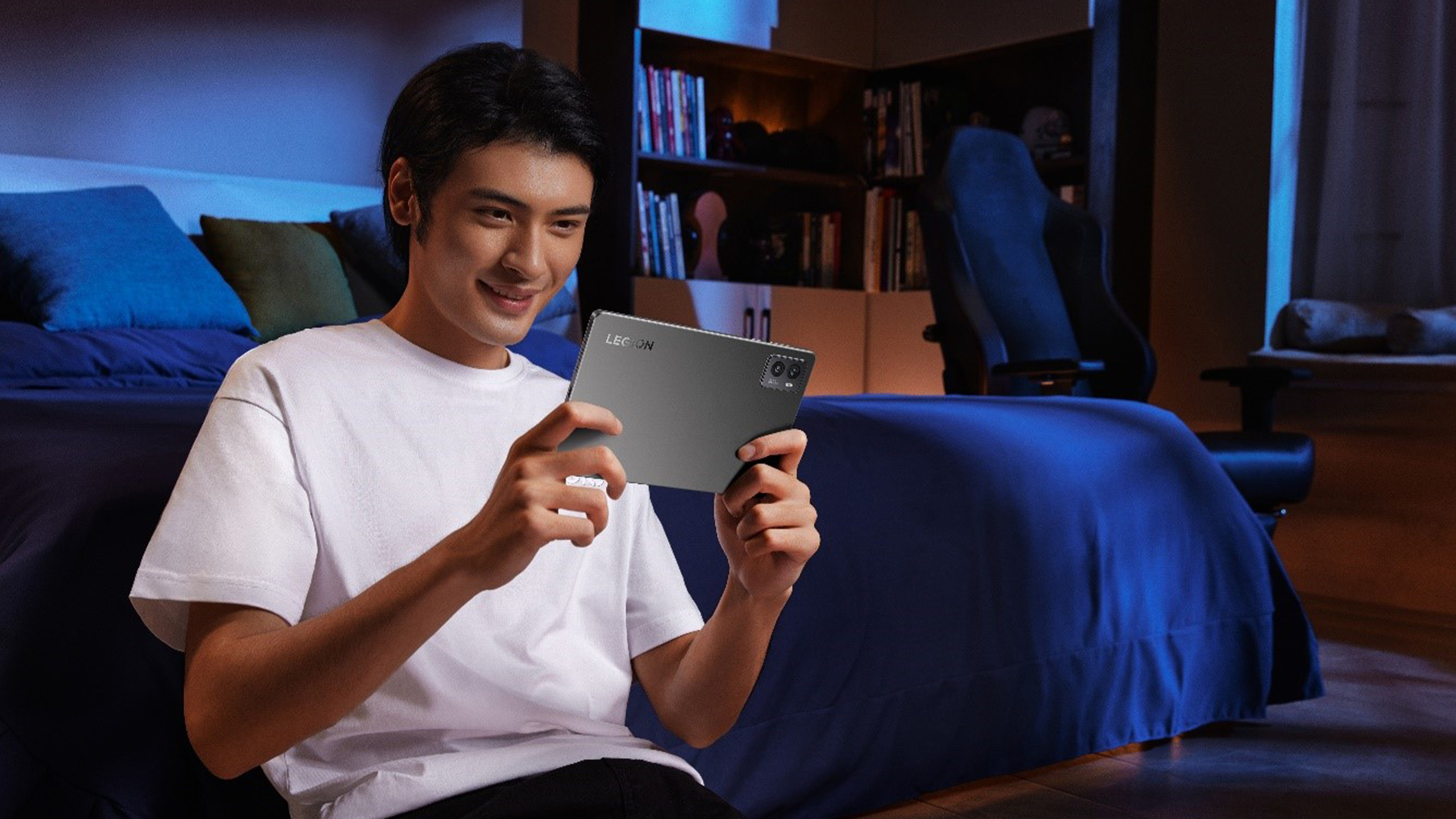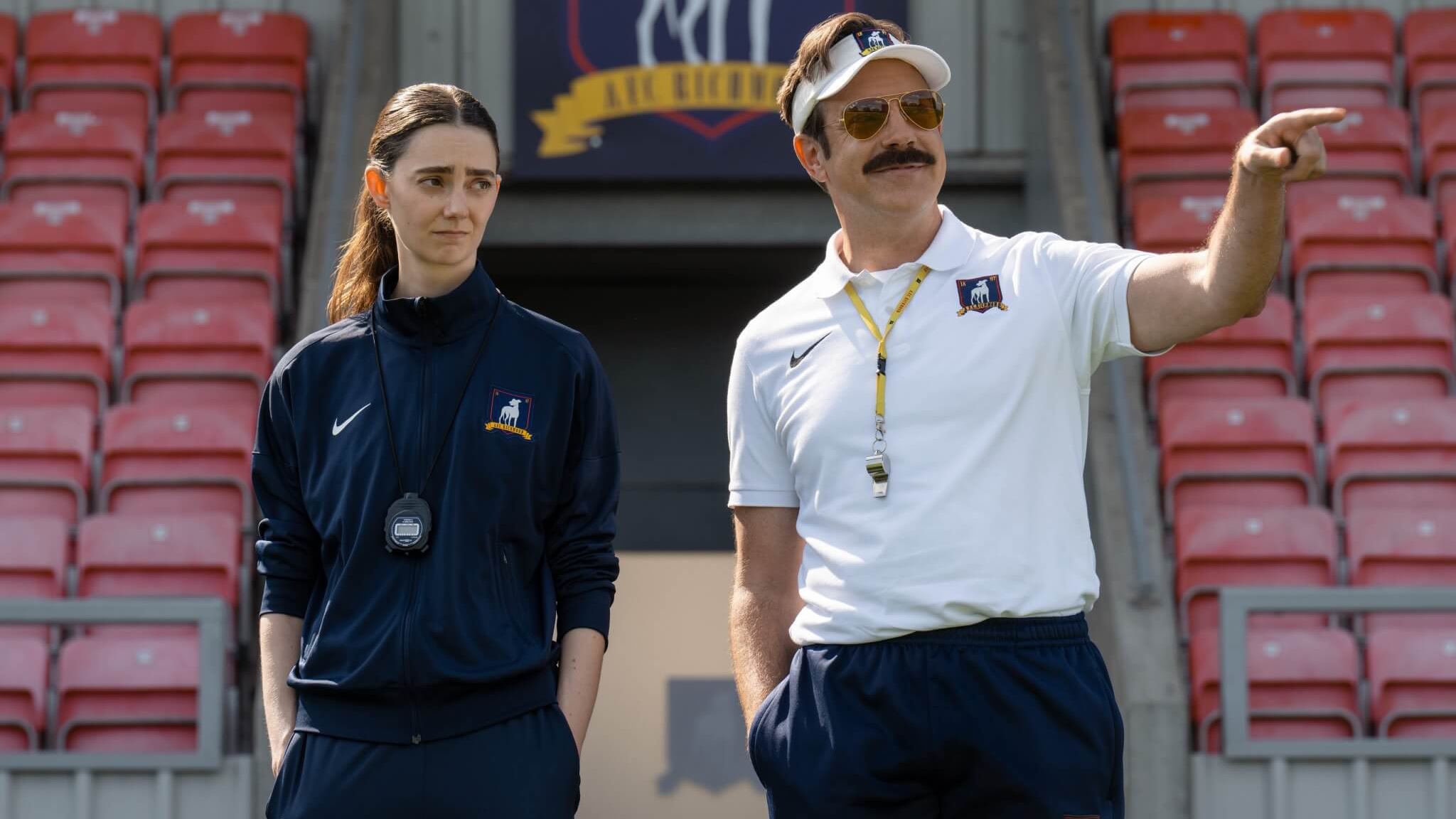Lenovo Legion Tab: the iPad mini for gamers is coming soon, but I have one big concern
What is that (potential) price!?

The Lenovo Legion Tab has been enjoyed by Chinese and Japanese players for a while now, but this gaming competition to the iPad mini is officially confirmed to be heading over to select markets in EMEA (Europe, Middle East, and Africa) soon.
Lips are sealed on a specific launch window, but if this Reddit post is to be believed, a sales agent claimed this release looks set for the “end of April,” but at a price that could be eye-watering (more on that later).
As for U.S. availability, there is no word yet, but based on past trends, I wouldn’t be surprised if a wider launch in this market is not too far behind. In my mind, the use cases are mightily interesting, though, from Xbox Game Pass cloud gaming to potential emulation.
Lenovo Legion Tab Y700 (2023): Specs
| Spec | Lenovo Legion Tab | iPad Mini 6 |
|---|---|---|
| OS | Android | iPadOS |
| CPU | Snapdragon 8+ Gen 1 | A15 Bionic |
| Storage | 128GB, 256GB | 64GB, 256GB |
| Display | 8.8-inch (2560 x 1600 pixels) Lenovo PureSight, 144Hz refresh rate | 8.3-inch (2266 x 1488 pixels) Liquid Retina |
| Rear cameras | 13MP wide / 2MP macro | 12MP wide (f/1.8) |
| Front camera | 8MP | 12MP FaceTime HD |
| Wireless | Wi-Fi 6E | Wi-Fi 6 |
| Size | 8.2 x 5.1 x 0.3 inches | 7.7 x 5.3 x 0.3 inches |
| Weight | 0.8 pounds | 0.7 pounds |
For the players
So what sets this apart from other Android tablets? Simply put, it’s all about the gaming experience. Of course, it all starts with an 8.8-inch QHD+ Lenovo Puresight panel with a buttery smooth 144Hz refresh rate for ultra silky framerates. But there are a few other additions that set it apart from the pack.
The most interesting one here being the tablet’s integrated haptic system, which looks set to ramp up the in-game immersion. Internally, that Snapdragon 8+ Gen 1 processor isn’t the most powerful on offer, but when paired with Legion ColdFront thermal management (basically a massive vapor chamber), users overseas have seen solid sustained performance — even in the tablet’s maximum performance mode (Beast Mode).
The USB-C port is put on the bottom in landscape mode, so no pesky plug gets in the way of gameplay, and it supports 45W fast charging. Plus, with DisplayPort 1.4 support, those who want to game on a bigger display at home can do so with ease.
Finally, this isn’t going to be an isolated device, as Lenovo Freestyle (soon to be Smart Connect with a future update) means it forms a dynamic link with your other Lenovo Legion devices and accessories. Think like Apple’s Continuity feature, but for the gaming space.
Get instant access to breaking news, the hottest reviews, great deals and helpful tips.
Oh, and as someone who will always celebrate the option to expand storage, the microSD card slot with support for 1TB is great to see.
What’s the problem?
This comes from a little bit of internet sleuthing. As I mentioned above, the Legion Tab has been available in China and Japan for a while now — the latter via a company called NEC. As shared on Reddit, this tablet comes in two options, and the pricing is…well…more than a little concerning when converted.
- 8GB RAM / 128GB storage: 98,780 yen ($672/€615/£525)
- 12GB RAM / 256GB storage: 109,780 yen ($747/€684/£583)
Any 8-inch tablet is going to draw comparisons with the iPad Mini 6, and while I get the great gaming features when compared to Apple’s slab, that price compared to $399 is going to raise some eyebrows.
That goes double when you take into account that Cupertino is operating on a completely different level when it comes to tablets — Android has always been on the backfoot to iPadOS and its hundreds of thousands of apps. If Lenovo is keen on being competitive here, this potential pricing is going to work severely against them.
However, there is a silver lining to the cloud, as the same 12GB / 256GB tablet can be found on sale in China for 2,399 yuan (roughly $335/£260/€305). That seems more like it, and I’ve got my fingers crossed that the official EMEA pricing comes closer to this end of the spectrum.
More from Tom's Guide
- New iPad Pro and new iPad Air tipped for imminent launch with huge upgrades
- Spider-Man The Great Web Trailer: Insomniac's canceled multiplayer game leaked
- I didn’t think I could love my Steam Deck OLED more — then I bought this $33 accessory

Jason brings a decade of tech and gaming journalism experience to his role as a Managing Editor of Computing at Tom's Guide. He has previously written for Laptop Mag, Tom's Hardware, Kotaku, Stuff and BBC Science Focus. In his spare time, you'll find Jason looking for good dogs to pet or thinking about eating pizza if he isn't already.
 Club Benefits
Club Benefits





